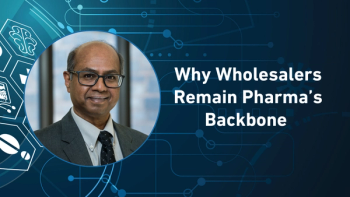
FDA Secure Supply Chain Pilot Program raises its head
Agency will begin accepting applications for participants in the expedited import-clearance process in mid-September
The progress might be painfully slow to watch, but FDA is now moving forward on a plan, originally proposed in 2009, to run a pilot program to evaluate expedited clearance of pharmaceutical shipments (APIs or finished products) through ports of entry. Called Secure Supply Chain Pilot Program (SSCPP), the effort was born partly in a response to the slowness of customs clearance at a time when shipments of counterfeit product were (and still are) a concern, and partly to mirror programs like Fast Lane and the Customs-Trade Partnership Against Terrorism (C-TPAT) and others that the Customs and Border Patrol (CBP) have instituted in the aftermath of 9/11.
FDA posted a notice in the Aug. 20
Ultimately, the program is hoped to fit with FDA’s risk-based evaluation, inspection and review processes; companies with good records of past operations and secure supply-chain practices in place will have an easier time dealing with Customs than “outsiders” will.
Newsletter
Stay ahead in the life sciences industry with Pharmaceutical Commerce, the latest news, trends, and strategies in drug distribution, commercialization, and market access.



